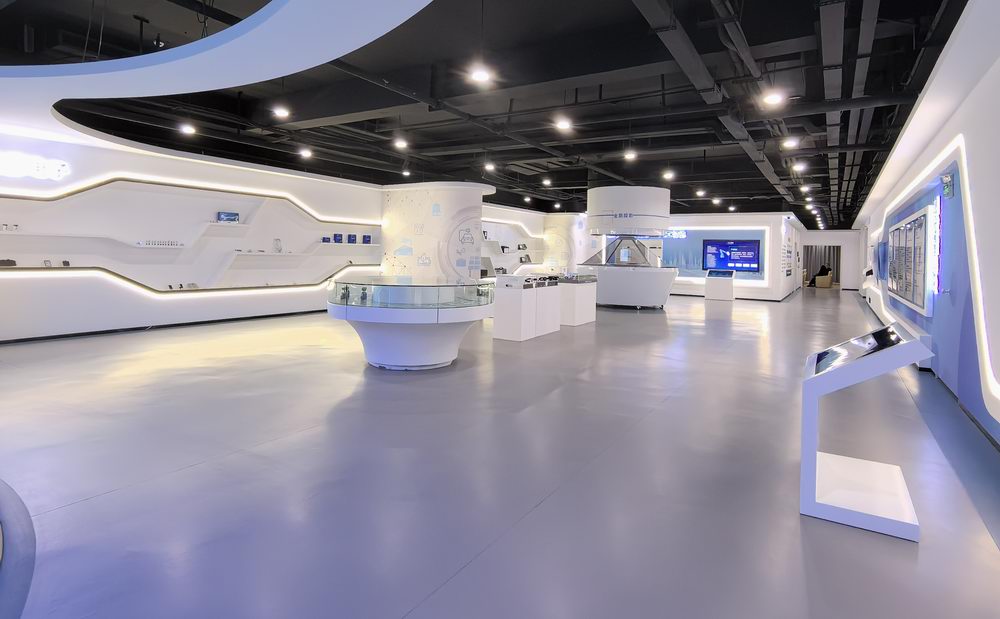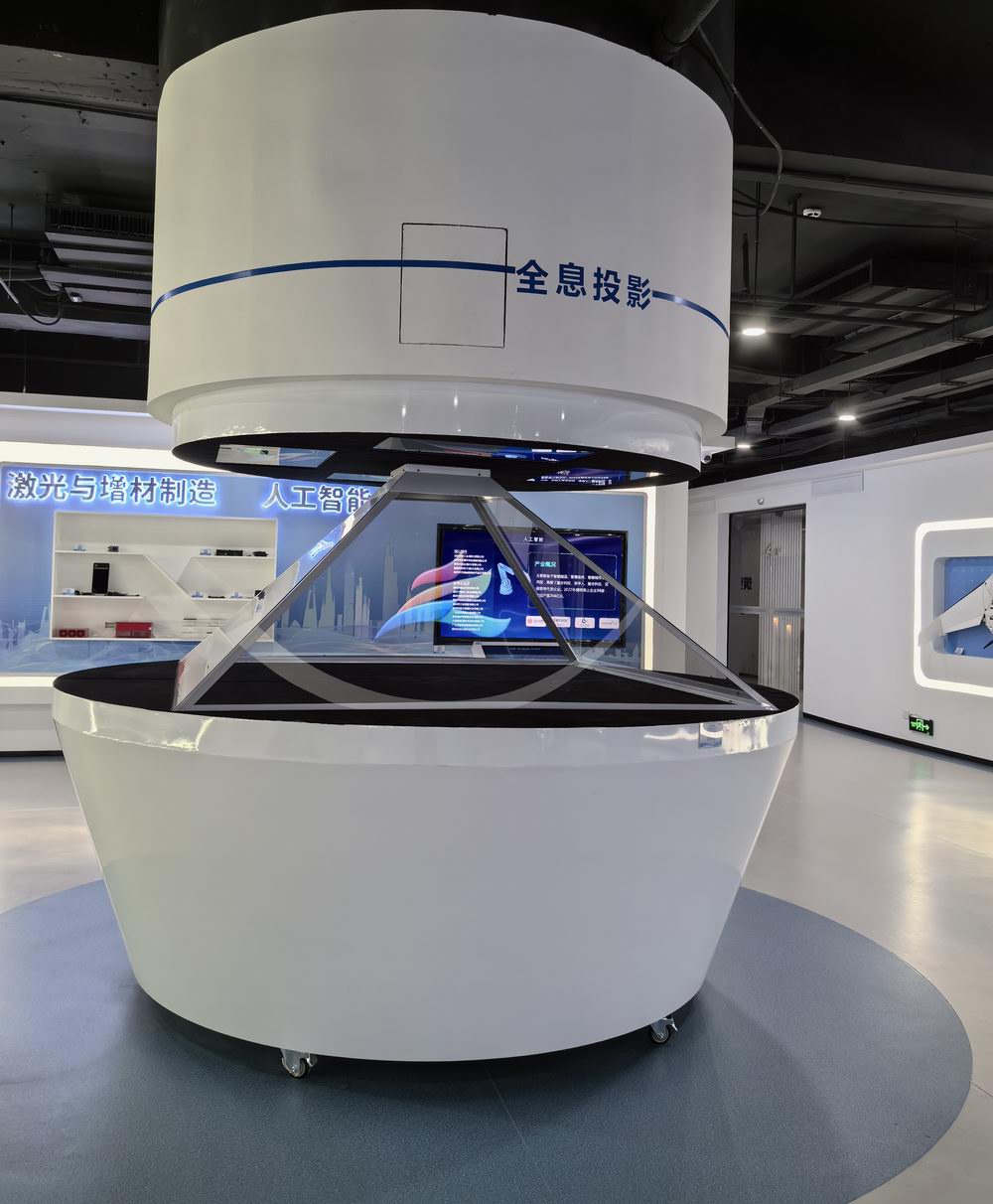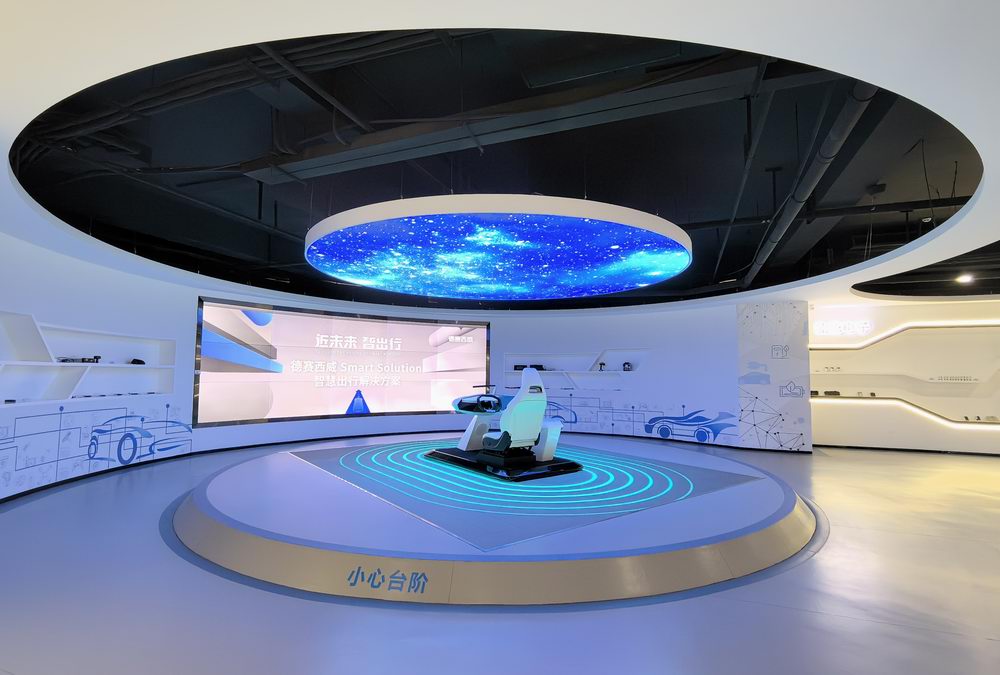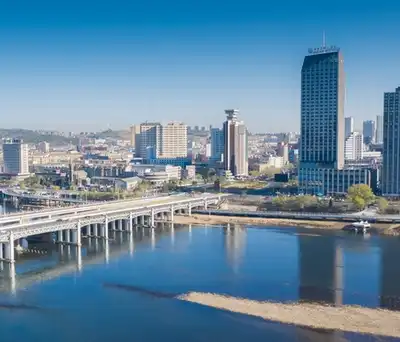How Smart City Construction Enhances Public Health

Smart cities represent a transformative approach to urban living, utilizing cutting-edge technology to enhance daily life. Urban planning is crucial for public health, with efficient layouts and green spaces boosting well-being. Exploring this relationship reveals exciting possibilities. The Smart City Construction Pioneer Zone, a new model for high-quality development, exemplifies this. In the Huizhou Zhongkai High-tech Zone, the electronic information cloud platform supports local enterprises, aiding in growth and innovation. Smart city initiatives promise healthier communities by offering sustainable solutions for modern challenges. Additionally, the National foreign trade transformation and upgrading base plays a vital role in this development.
Understanding Smart City Technologies

Key Components of Smart Cities
IoT and Connectivity
Smart cities thrive on IoT and connectivity. Sensors gather data from various sources, creating a seamless network. This setup allows cities to monitor everything from traffic flow to energy usage. Residents enjoy real-time updates and efficient services. Businesses benefit from streamlined operations and reduced costs.
Data Analytics and AI
Data analytics and AI play a crucial role in smart cities. These technologies analyze vast amounts of information quickly. Cities use insights to improve public services and predict future needs. Health officials can track disease outbreaks in real-time. This proactive approach enhances community well-being.
Role of Infrastructure
Sustainable Transportation
Sustainable transportation transforms urban mobility. Smart cities prioritize eco-friendly options like electric buses and bike-sharing programs. These initiatives reduce pollution and promote healthier lifestyles. Commuters experience less congestion and more convenience. The environment benefits from cleaner air and reduced emissions.
Energy-efficient Buildings
Energy-efficient buildings form the backbone of smart city infrastructure. Advanced materials and smart systems minimize energy consumption. Buildings adapt to weather changes and optimize heating and cooling. This approach saves money and reduces carbon footprints. Residents enjoy comfortable living spaces with lower utility bills.
In the Huizhou Zhongkai High-tech Zone, the electronic information cloud platform supports local enterprises. This platform aids growth and innovation by providing essential resources. Companies access high-speed internet and digital tools. The platform enhances competitiveness and fosters development.
Impact on Public Health

Environmental Benefits
Air Quality Improvement
Smart cities make a big difference in air quality. Cities use advanced sensors to monitor pollution levels. This data helps officials create action plans to reduce air pollution. Cleaner air means healthier lungs for everyone. The Deloitte Study on Smart Health Communities highlights the importance of integrating well-being into urban design. Better air quality reimagines public health by addressing environmental drivers. Residents breathe easier and enjoy outdoor activities more.
Waste Management
Efficient waste management is another perk of smart cities. Technology tracks waste collection and disposal. This system reduces litter and improves recycling rates. Clean streets enhance community pride and safety. People feel more comfortable in their neighborhoods. Smart waste solutions also lower costs for local governments. Everyone benefits from a cleaner, greener environment.
Health Services Enhancement
Telemedicine and Remote Monitoring
Smart cities revolutionize healthcare access. Telemedicine connects patients with doctors online. People receive medical advice without leaving home. Remote monitoring tracks health conditions in real-time. This technology helps manage chronic illnesses effectively. Patients enjoy more convenience and better care. The Zhongkai High-tech Zone National Foreign Trade Transformation and Upgrading Base (Electronic Information) Cloud Platform supports these advancements. Local enterprises gain tools to innovate and grow in the healthcare sector.
Emergency Response Systems
Quick emergency response saves lives. Smart cities use technology to improve these systems. Sensors detect accidents or natural disasters instantly. Authorities respond faster and more efficiently. Residents feel safer knowing help is just a click away. The Air Quality Sensors Deployment in Smart Cities project shows how technology enhances public safety. Real-time data aids in quick decision-making during emergencies. Communities thrive with reliable support systems in place.
Smart City Construction Pioneer Zone: A new model for high-quality development
Case Studies and Examples
Huizhou Zhongkai High-tech Zone and Air Quality
The Huizhou Zhongkai High-tech Zone stands as a beacon of innovation. The zone uses advanced technology to monitor and improve air quality. Sensors placed throughout the area collect data on pollution levels. This information helps officials create effective strategies to reduce emissions. Cleaner air contributes to healthier residents and a more vibrant community. The zone's commitment to environmental health serves as a model for other cities. The approach aligns with the vision of integrating well-being into urban design, as highlighted in the Deloitte Study on Smart Health Communities.
National foreign trade transformation and upgrading base and Health Services
The National Foreign Trade Transformation and Upgrading Base in the Zhongkai High-tech Zone plays a crucial role in enhancing health services. The electronic information cloud platform supports local enterprises by providing essential digital tools. Companies access high-speed internet and innovative resources. This support fosters growth and competitiveness in the healthcare sector. The platform enables businesses to develop telemedicine solutions and remote monitoring systems. Residents benefit from improved access to healthcare services. The base exemplifies how smart city initiatives can drive economic and social progress.
Lessons Learned
Challenges Faced
Smart city construction faces several challenges. Privacy and data security remain significant concerns. Cities must protect sensitive information while leveraging data for public benefit. Economic factors also pose hurdles. Implementing smart technologies requires substantial investment. Ensuring social equity and access presents another challenge. All residents should benefit from advancements, regardless of socioeconomic status. Addressing these issues is vital for the success of smart city projects.
Future Opportunities
Future opportunities abound in smart city development. Advancements in technology offer new ways to enhance public health. Real-time data can improve emergency response systems. Green spaces can mitigate climate change effects. The Smart City Construction Pioneer Zone illustrates potential for high-quality development. Cities can learn from successful models like the Huizhou Zhongkai High-tech Zone. Embracing innovation will lead to healthier, more sustainable communities. Stakeholders must invest in smart solutions to unlock these possibilities.
Challenges and Considerations
Privacy and Data Security
Ethical Concerns
Smart cities gather loads of data. This data helps improve services but raises privacy concerns. Citizens worry about how their information gets used. The California Consumer Privacy Act aims to protect consumer data. Laws like this prevent undisclosed sharing of personal info. Smart cities must respect privacy rights. Ethical concerns need addressing to gain public trust.
Regulatory Frameworks
Regulations play a big role in smart city development. The EU’s General Data Protection Regulation (GDPR) restricts facial recognition use. These rules set high privacy standards. Public-private partnerships must follow these guidelines. Cities need clear frameworks for data use. Regulations ensure that citizens' privacy stays protected.
Economic and Social Impacts
Cost of Implementation
Building smart cities costs a lot. Technology investments require substantial funds. Cities face budget constraints. High costs can slow down progress. However, long-term savings make it worthwhile. Energy-efficient buildings and smart transportation cut expenses. Initial investments lead to future benefits.
Social Equity and Access
Digital equity remains crucial in smart cities. Everyone should access high-speed internet and affordable devices. The Zhongkai High-tech Zone National Foreign Trade Transformation and Upgrading Base (Electronic Information) Cloud Platform supports local enterprises. This platform provides essential digital tools. Companies gain resources to innovate and grow. Ensuring equal access to technology promotes fairness. Smart cities must address social equity challenges.
Smart city technologies have transformed urban living, enhancing public health and well-being. These innovations improve air quality, waste management, and healthcare access. The Huizhou Zhongkai High-tech Zone exemplifies this progress. The electronic information cloud platform supports local enterprises, boosting growth and innovation. Future developments hold immense potential for even greater advancements. Stakeholders should seize this opportunity to invest in smart city solutions. This investment promises healthier, more sustainable communities. Embracing these technologies will lead to a brighter future for all.
See Also
Pioneering Progress: Huizhou's Zhongkai High-tech Zone and Future Advancements
Zhongkai Tech Hub: Leading the Way in Smart Terminal Advancements
Huizhou's Lucrative Sector: An Intelligent Investment Opportunity
Revealing Zhongkai Tech Zone: A Ten-Year Journey in Energy Electronics and Creativity
Huizhou's Zhongkai Tech Zone: Spearheading Innovation and Partnerships in Electronics
Zhongkai High tech Zone National foreign trade transformation and Upgradi Base(Electronic Information)Cloud Platform.
Address: Zhongkai High-tech Zone,Huizhou City ,Guangdong,China
E-mail: huizhoueii@163.com 13510001271@163.com
Tel: +86-0752-3279220 Mobile: +86-13510001271


